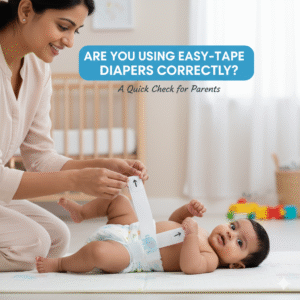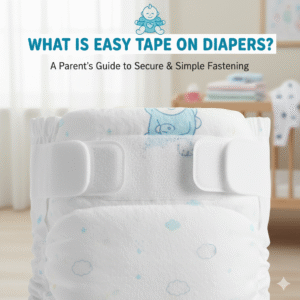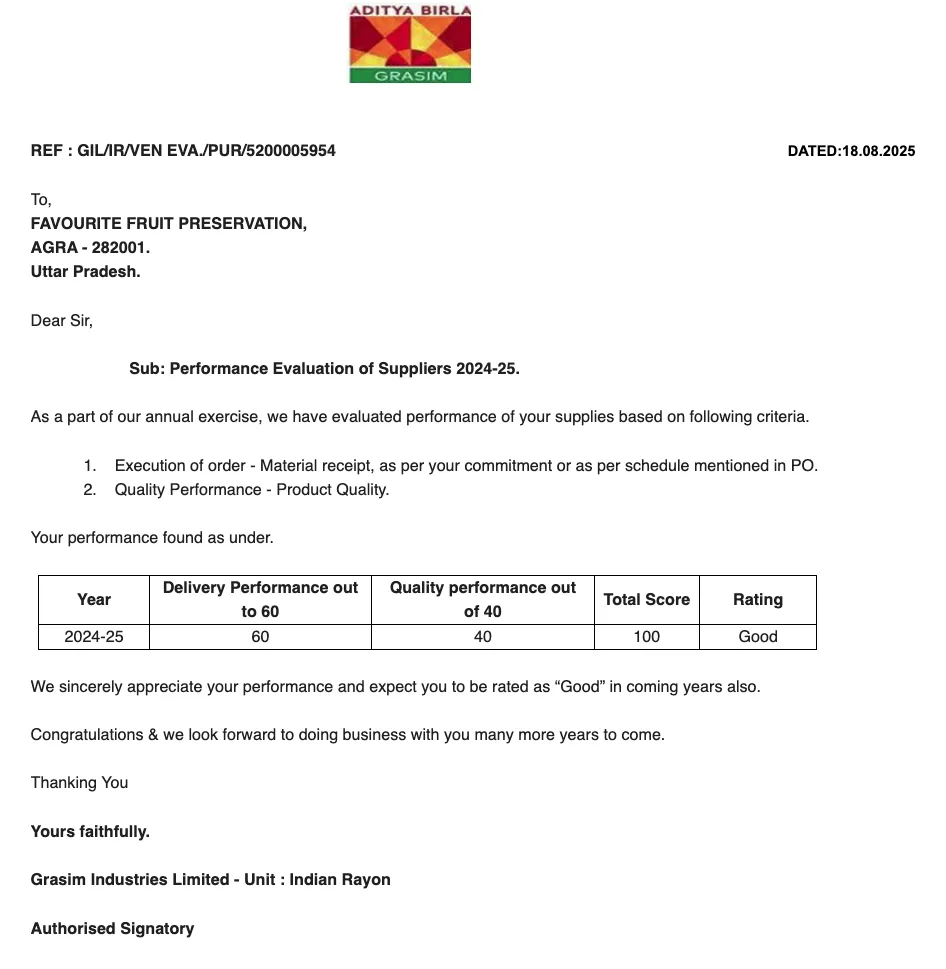Introduction: The Necessity of Gentle Wound Care Delicate Skin
Wound care is a fundamental part of healthcare, but for certain patient populations, the dressing itself can cause significant harm. Elderly patients often have fragile skin wound dressing concerns due to age-related thinning and reduced elasticity. Similarly, a pediatric wound dressing requires the utmost gentleness to minimize pain and trauma. Using an aggressive adhesive on these groups can lead to painful skin stripping, which creates new wounds and drastically delays healing.
At Favourite Fab, our expertise as a leading medical textile manufacturer drives us to prioritize patient comfort and safety. We understand that effective wound care starts with a gentle on skin wound dressing. We continuously research and produce materials that offer secure adherence without causing dressing adhesion irritation solutions. This comprehensive guide establishes our authority in the field, detailing the best wound dressing for sensitive skin and explaining why choose gentle wound dressings.

Get Free Sample Kit Of Our Fabric At Your Door Step
- Online Order
- Door Delivery
- 1-Click Quotation
Understanding the Challenge: Dressing for Fragile Skin
Caring for wounds on elderly skin or children’s delicate skin requires a specialized approach. The problem isn’t just the pain during dressing changes; it is the physical trauma caused by removing strong adhesives. This damage is known as Medical Adhesive-Related Skin Injury (MARSI).
The Risks of Traditional Adhesives
Many conventional dressings rely on strong acrylic adhesives that bond aggressively to the skin’s outer layer (the epidermis). When the dressing is removed, it often strips away cells, resulting in:
- Skin Tearing (Stripping): This creates a new wound, leading to secondary infection risk.
- Pain: A traumatic experience, particularly for children and non-verbal elderly patients.
- Delayed Healing: The constant damage to the periwound skin hinders the overall healing environment.
Therefore, the shift towards atraumatic wound dressing options that reduces pain on removal is crucial for modern wound care delicate skin.
Top 5 Gentle Wound Dressing Options for Sensitive Skin
The modern wound dressing material list includes several advanced categories specifically designed to be a non-traumatic wound dressing. Here are the five best types recommended for dressing for thin skin and other delicate areas:
1. Silicone Wound Dressings
The gold standard for gentle fixation.
- Technology: These dressings use soft silicone dressing adhesive technology. Silicone adheres firmly to dry, intact skin but not to the moist wound bed. Crucially, it re-adheres without losing function and provides pain-free wound dressing removal.
- Benefits: Silicone wound dressing is highly effective because it prevents skin stripping and significantly reduces pain on removal. It’s the top choice for dressing for wounds on elderly skin and pediatric wound dressing applications.
- Favourite Fab’s Insight: We incorporate specialized silicone coatings into our fixation layers to provide secure, yet gentle, adherence, ensuring our products are truly hypoallergenic wound dressing solutions.
2. Gentle Border Foam Dressings
Ideal for wounds with moderate exudate that require a safe seal.
- Technology: This dressing features a central foam pad (for absorption) surrounded by a thin, gentle adhesive border. This foam dressing sensitive skin uses a softer adhesive (often silicone or a gentler acrylic) primarily on the surrounding healthy skin.
- Benefits: Provides excellent fluid absorption while the border dressing gentle adhesive ensures secure fixation without being aggressive. It is often the preferred dressing for fragile skin because the gentle border minimizes trauma during changes.
- Use Case: Excellent as a chronic wound dressing sensitive skin where frequent fluid management is needed.
3. Hydrocolloid Dressings with Gentle Adhesion
Effective for light to moderate, non-infected wounds.
- Technology: These dressings contain gel-forming agents that absorb minimal exudate and create a moist healing environment. Modern versions for sensitive skin (like hydrocolloid sensitive skin variants) have been modified to reduce the aggressiveness of the adhesive border.
- Benefits: Seals the wound effectively, provides comfort, and can stay in place for several days. The gentle formulation minimizes irritation.
- Expert Tip: Ideal for use on shallow wounds and areas needing long-wear protection.
4. Paper and Non-Woven Tapes with Acrylic Adhesive
Used for securing non-adhesive pads and primary dressings.
- Technology: The tape is the secondary layer, but using a high-quality non-woven medical tape is vital. These tapes feature a porous backing and a gentle acrylic formula, offering sufficient adherence without aggressive bonding.
- Benefits: Highly breathable medical tape, minimizing moisture-related skin irritation. It is often the most cost-effective skin friendly wound dressing for securing non-adhesive dressings.
- Favourite Fab’s Insight: Our hypoallergenic wound dressing fixation tapes are designed to work seamlessly with primary pads, ensuring the entire system is non-irritating.
5. Hydrofiber Dressings
While not a fixation dressing, hydrofiber is used as the primary dressing for highly exuding wounds.
- Technology: These fibers transform into a cohesive gel when they encounter fluid, locking away bacteria and exudate.
- Benefits: When used with a gentle on skin wound dressing (like a soft silicone border foam), this system offers maximum protection for highly fragile periwound skin, providing a complete wound care delicate skin solution.
Procurement and Expertise: Silicone vs Acrylic Wound Adhesive
For procurement specialists and large care facilities, understanding the technical differences is key to making the best choice.
- Acrylic Adhesives: These offer high immediate tack and high peel strength. They are cost-effective but are the ones most associated with skin stripping if the dressing is removed incorrectly or used on fragile skin.
- Silicone Adhesives: These offer a balanced tack, maintaining position securely but with extremely low peel strength. This means they release easily from the skin without damaging cells, making them the superior choice for wound dressing for elderly skin and pediatric wound dressing. This is why the best wound dressing for sensitive skin often utilizes silicone.
We highly recommend prioritizing silicone-based dressings to minimize skin irritation and achieve the full benefits of gentle wound care.
Advanced Wound Care Principles
To ensure successful healing, professionals must know more than just the product—they need the technique. This section aligns with “Requirements for wound dressing” and “Wound dressing steps.”
How to Change a Wound Dressing Without Pain
- Preparation: Have all new supplies ready. Tell the patient what you are doing to manage anxiety, especially with a pediatric wound dressing.
- Removal Technique: Always remove the dressing low and slow. Peel the dressing back parallel to the skin, supporting the skin nearby with the other hand. Never pull upward, as this lifts and strips the epidermis. Using a silicone-based dressing significantly eases this process. This answers how to remove wound dressing painlessly.
- Wound Assessment: After removal, assess the wound bed (color, size, exudate) and the surrounding skin for signs of dressing adhesion irritation solutions or new trauma.
- Cleaning: Clean the wound gently with saline or a prescribed cleanser.
- Application: Apply the new atraumatic wound dressing smoothly, ensuring the adhesive only contacts dry, intact skin.
Types of Wound Dressing PDF and Materials
The wound dressing material list includes alginates, hydrogels, foams, films, and transparent films. When choosing, always select one that is secured by a gentle wound dressing adhesive. For instance, combine a foam (for absorption) with a gentle border (for fixation). This adheres to the “Requirements for wound dressing” principle of selecting appropriate secondary fixation.

Get Free Sample Kit Of Our Fabric At Your Door Step
- Online Order
- Door Delivery
- 1-Click Quotation
Conclusion: Partner with Favourite Fab for Quality Gentle Wound Dressings
The choice of gentle on skin wound dressing is a direct reflection of a facility’s commitment to patient well-being. By specializing in solutions that prevent skin stripping and offer pain-free wound dressing removal, Favourite Fab has established itself as an authoritative source in advanced wound care.
We provide a complete range of high-quality wound dressing options for delicate skin, ensuring you have access to the best wound dressing for sensitive skin for every patient.
Contact Us
Email: sale@favouritehub.com WhatsApp: 9528811566
Favourite Fab – Your expert manufacturer for advanced, gentle wound care solutions.






































We Do Business On Trust.Our Nonwoven fabric Business is Built on trust. Trust starts with Transparency.
Mr.Ramniwas Garg Founder Of Favourite Group